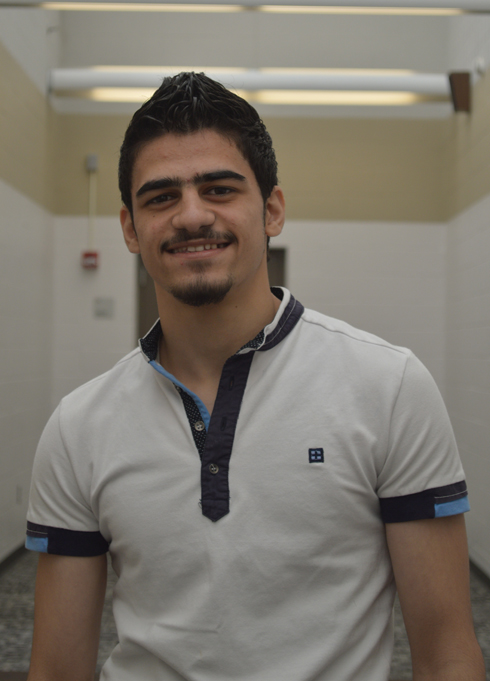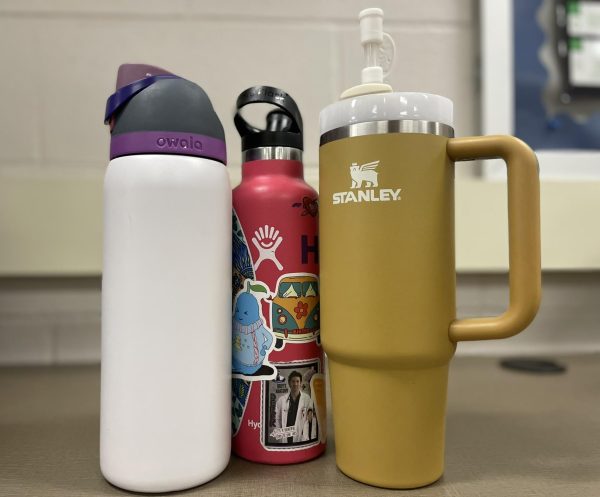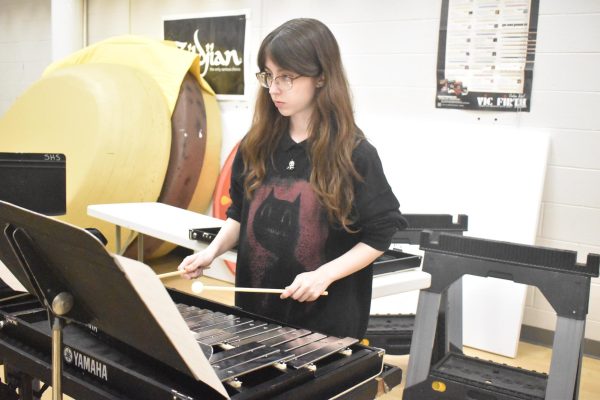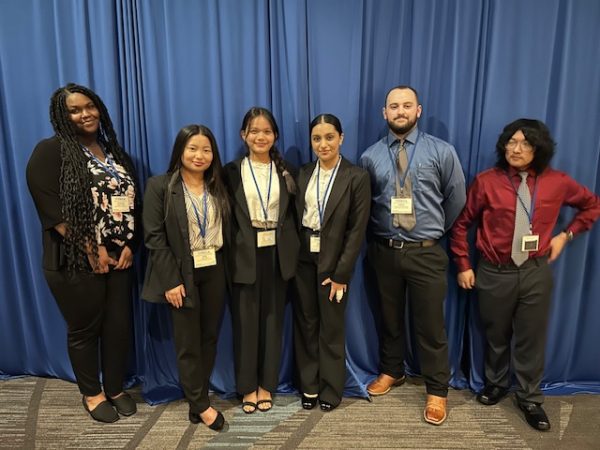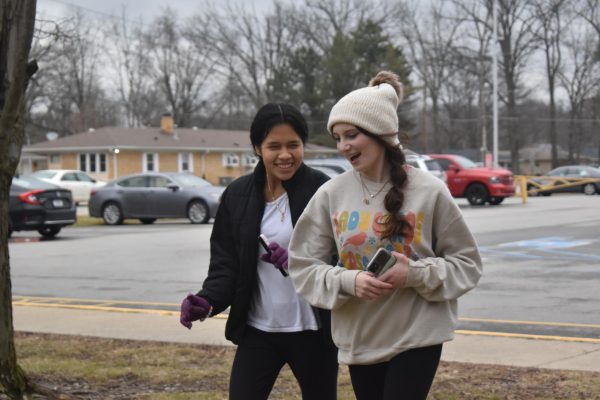Abdulwahed Alshabaan
May 19, 2017
For Syrians, like freshman Abdulwahed Alshabaan, watching children forced to leave their families and witnessing the death of lifelong friends is a recurring experience for many in the country’s civil war. At 12 years old, Alshabaan left Syria on an unsafe boat, making his way towards an uncertain future. He recalls everything happening quickly. One day he was living his ordinary life, doing his homework, hanging out with friends. The next, streams of scared, confused civilians flowed in the streets. What started as civil protests soon escalated and terrorist groups started dominating the cities.
“You can’t tell who is who. They all kill each other,” Alshabaan said through Perry Township translator Hiba Al Awadh.
He spent days hiding at home because nowhere else was safe. Like many, his family decided to leave for Jordan in the Middle East. The journey from Syria was long, and survival hard. Shootings were frequent, and he witnessed friends dying because of them.
“(People) would just come to me and tell me some of my friends were just shot,” Alshabaan said.
But leaving his native country was not enough to stop the violence and pain. Racial issues followed him and fellow Syrians. In Jordan, they were assaulted because of the country they were from.
After four-and-a-half years, they were finally able to reach Turkey, but not all of the family could go. Two of his sisters, too old to be accepted by the program, were forced to remain in Jordan. Eventually, Alshabaan and his parents reached Chicago and drove to Indianapolis. But he says that their final destination did not really matter to them.
“All we care about when we come here is just to be safe,” Alshabaan said.


